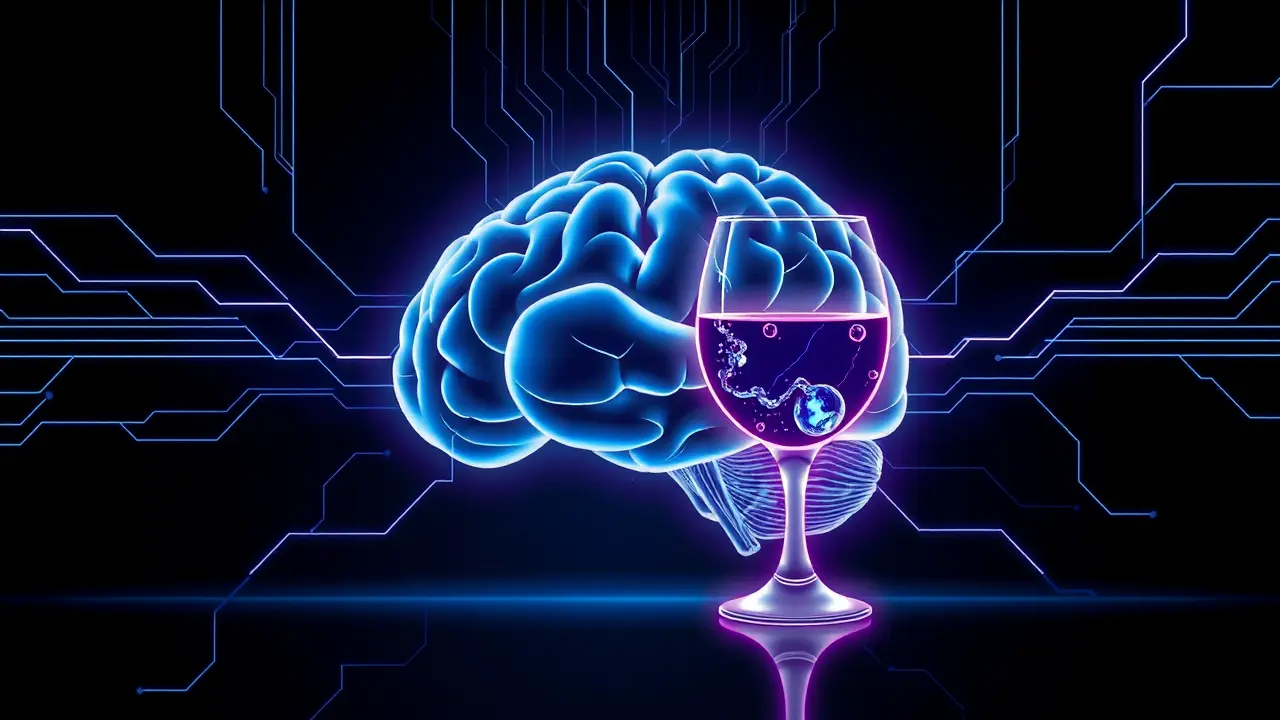Study Finds GLP-1 Drugs Like Ozempic Reduce Alcohol's Appeal
In a fascinating clinical exploration from Virginia Tech’s Fralin Biomedical Research Institute, detailed in *Scientific Reports*, a small but revealing study has illuminated a compelling side effect of GLP-1 receptor agonists—drugs like Ozempic, Wegovy, and Mounjaro that have revolutionized the treatment of obesity and type 2 diabetes. The research, involving 20 individuals with obesity, half of whom were actively on a GLP-1 medication, presented participants with alcohol equivalent to a standard drink and meticulously monitored their physiological and subjective responses.The findings were striking: those taking the GLP-1 drugs reported a significantly diminished desire to continue drinking and experienced a markedly reduced pleasurable sensation from the alcohol compared to the control group. This isn't merely an anecdotal curiosity; it points to a profound neurological intervention.GLP-1 agonists, which mimic the gut hormone incretin to regulate insulin and appetite, have receptors densely populated not just in the pancreas but throughout the central nervous system, including key areas like the nucleus accumbens and the ventral tegmental area—the very epicenters of the brain's reward circuitry. This suggests that semaglutide and tirzepatide are doing more than just slowing gastric emptying or curbing cravings for food; they appear to be directly dialing down the hedonic reward signals for substances like alcohol, effectively making the act of drinking less appealing and less reinforcing.For the field of addiction medicine, this is a potential paradigm shift. We've long sought pharmacological tools that can subtly rewire the brain's response to addictive substances without the harsh side effects or abuse potential of older treatments.The implications stretch far beyond alcohol use disorder. If these drugs can modulate one reward pathway, what about others? Could they be investigated for nicotine, opioids, or even behavioral addictions? The history of medicine is replete with such serendipitous discoveries—from the unexpected antidepressant effects of isoniazid to the cardiovascular benefits of SGLT2 inhibitors—and this GLP-1 story feels like it belongs in that hallowed tradition.Of course, this is a preliminary study, a prologue to a much larger narrative that must be written through extensive, long-term clinical trials. We must ask: Is this effect sustained, or does tolerance develop? How does it interact with different genetic predispositions to addiction? The ethical dimensions are equally complex.As these drugs are prescribed to millions, we are inadvertently conducting a massive, real-world experiment on human neurochemistry. Understanding the full spectrum of their effects, from the metabolic to the psychological, is not just an academic exercise but a pressing public health imperative. This research opens a new frontier in biotech, where a single class of drugs could simultaneously tackle the intertwined epidemics of obesity, diabetes, and substance abuse, offering a glimpse into a future of medicine that is more holistic and fundamentally connected to the intricate wiring of the human brain.
It’s quiet here...Start the conversation by leaving the first comment.
